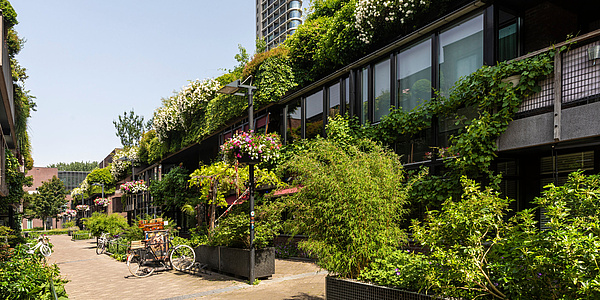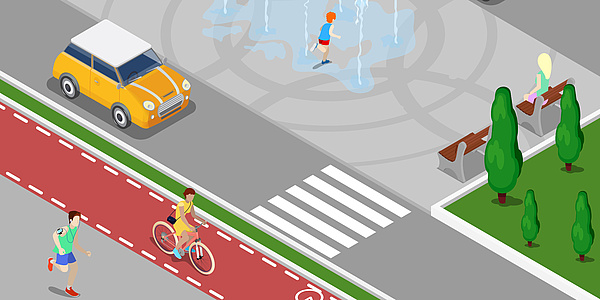CD Lab at TU Graz Incorporates Physics in Machine Learning

By combining physics-based methods with machine learning, a team at the Institute of Thermodynamics and Sustainable Propulsion Systems at TU Graz is developing models that deliver better results…
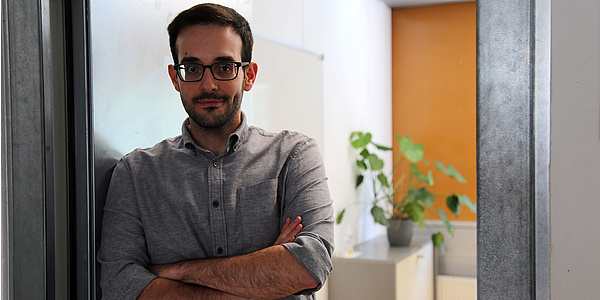
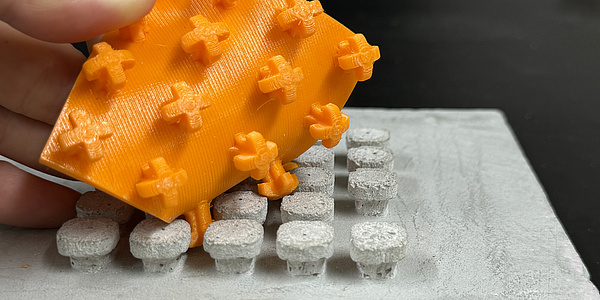
![[Translate to Englisch:]](https://www.tugraz.at/fileadmin/_processed_/d/4/csm_banner2-lex-by-tugraz_b893822f2d.jpg)
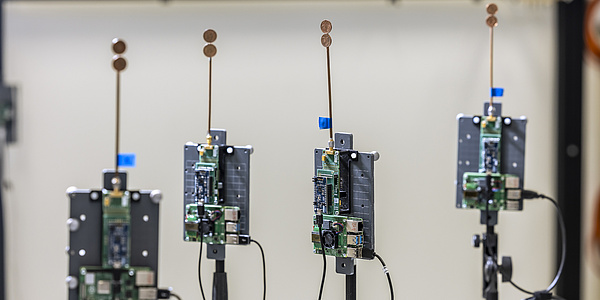
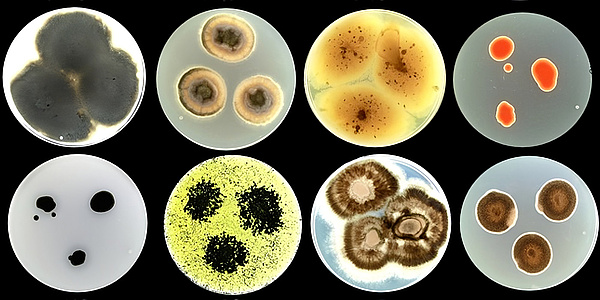
![[Translate to Englisch:]](https://www.tugraz.at/fileadmin/_processed_/5/8/csm_Banner3_GAM21-OutNow_2zu1_ce26005e96.jpg)
